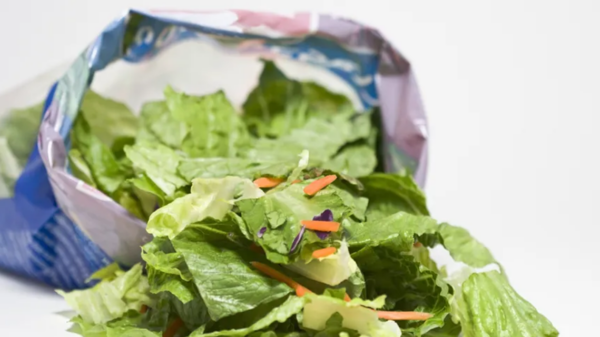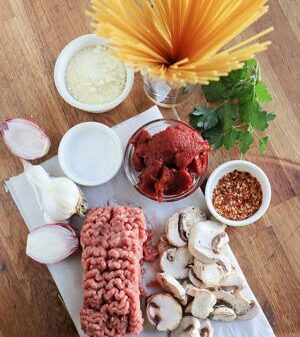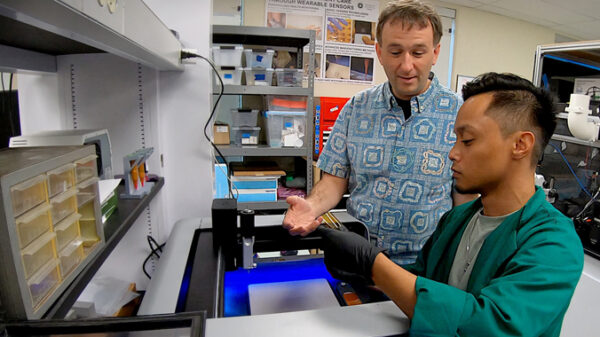More than 300 attendees participated in the Agriculture Farm Field Day held at the University of Arkansas at Pine Bluff (UAPB) in Lonoke. This event featured presentations from agricultural scientists, researchers, and faculty members, providing valuable insights into various agricultural practices and programs.
The field day took place at the Pearlie S. Reed/Robert L. Cole Small Farm Outreach Wetlands and Water Management Center. Attendees enjoyed a guided tour of the farm on tractor-pulled trailers, where they learned about UAPB’s initiatives, including its 4-H and fisheries programs. The event covered a range of topics, such as honeybees and pollinators, rice row crops, high tunnels, forestry, and cowpea breeding.
Participants also had the opportunity to engage with interactive exhibits, including a mobile fish tank provided by the Arkansas Game and Fish Commission. This hands-on experience allowed attendees to learn about local aquatic life and conservation efforts. Additionally, representatives from the U.S. Geological Survey presented information on the ground water alluvial aquifer, emphasizing its significance in regional agriculture.
UAPB’s Sweet Potato Foundation Seed Program was another highlight of the day. This initiative aims to enhance the quality and availability of sweet potato seeds for local farmers, ultimately supporting sustainable agricultural practices within the community.
The Agriculture Farm Field Day not only showcased the university’s commitment to agricultural education but also fostered a sense of community among local farmers and agricultural enthusiasts. By facilitating direct engagement with experts and hands-on learning experiences, the event aimed to empower attendees with knowledge that can enhance their farming practices.
Overall, the gathering served as an important platform for knowledge exchange, helping Arkansans stay informed about the latest advancements in agriculture and sustainable farming techniques. Participants left with new insights and tools to improve their agricultural endeavors, marking the day as a significant event in the local agricultural calendar.






































































